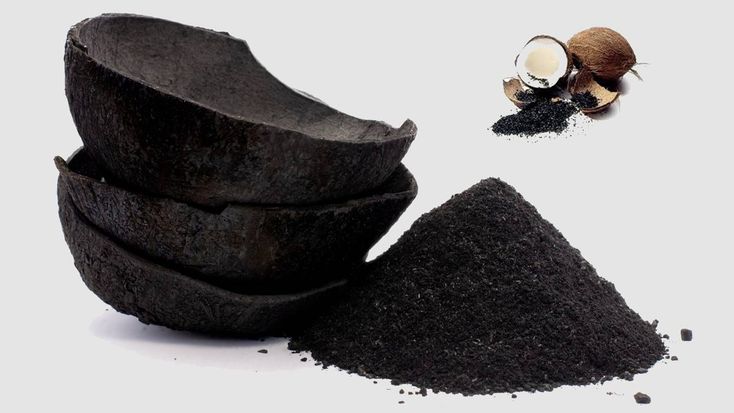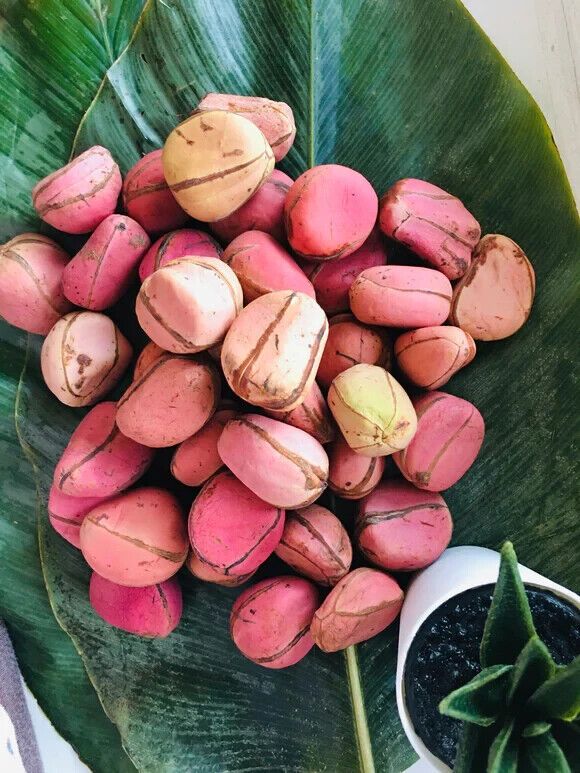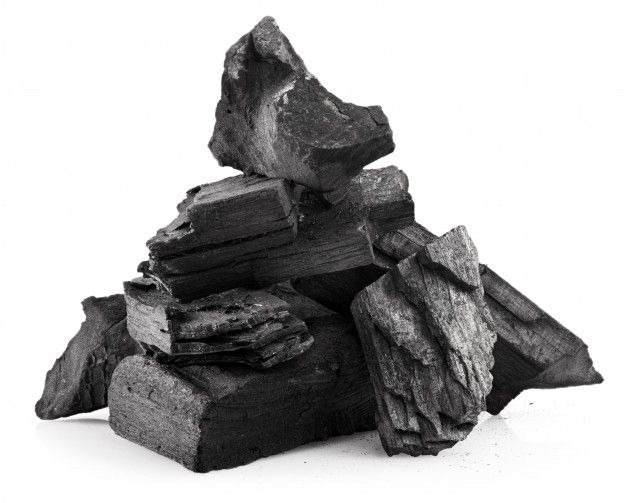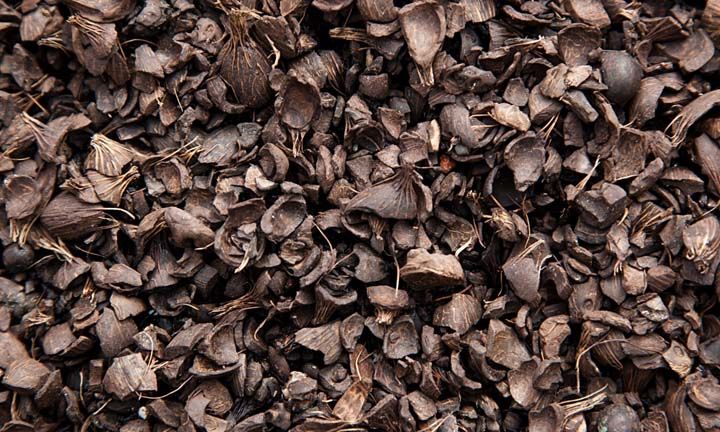Coconut Shell Charcoal is one of the most versatile and eco-friendly forms of charcoal, derived from the hard shells of matured coconuts. It is a sustainable byproduct of the coconut industry and is in high demand globally for its unique properties, clean-burning characteristics, and wide range of industrial and domestic applications.
What It Is
Coconut Shell Charcoal is a type of activated or raw charcoal made from burning or carbonizing coconut shells under controlled conditions. Unlike wood-based charcoal, it is a renewable and environmentally friendly product with superior burning efficiency and lower ash content.

Uses of Coconut Shell Charcoal
-
Cooking & Grilling – Used in homes, restaurants, and outdoor grills as a clean-burning, odorless, and smokeless fuel.
-
Activated Carbon Production – Processed into activated carbon, which is used for water purification, air filtration, and industrial applications.
-
Metallurgical Industry – Used as a reducing agent in foundries and metal smelting processes.
-
Gold Mining – For extraction and purification processes.
-
Shisha/Hookah Industry – Preferred for making shisha briquettes because it burns longer, produces minimal smoke, and maintains flavor.
-
Cosmetics & Pharmaceuticals – Activated carbon from coconut shell is used in detox products, toothpaste, skincare, and medicinal applications.
-
Agriculture – Used in soil conditioning and as an additive in animal feed for detoxification.
Export Specifications
-
Origin: 100% Coconut Shell (No fillers or mixed wood)
-
Moisture Content: 5–10%
-
Ash Content: Less than 3%
-
Fixed Carbon: 70–80% minimum
-
Volatile Matter: Less than 15%
-
Shape/Form: Lump or Briquette
-
Packaging Options:
-
25kg or 50kg PP woven bags
-
Bulk jumbo bags (500kg–1MT)
-
Customized branding available
-

Global Demand & Market
Coconut Shell Charcoal has high export value because it is considered eco-friendly, sustainable, and premium-quality charcoal. Major importers include:
-
Europe (Germany, Netherlands, UK, Spain) – mainly for activated carbon & shisha.
-
Middle East (UAE, Saudi Arabia, Qatar) – for shisha/hookah briquettes.
-
Asia (China, India, Japan, Korea) – for industrial and metallurgical use.
-
North America (USA, Canada) – for grilling, cosmetics, and purification products.
HS Code
-
4402.90 – Other Charcoal (including coconut shell charcoal).
Export Form
-
Raw Coconut Shell Charcoal (lumps)
-
Briquettes (cubes, hexagonal, pillow-shaped, or custom molds)
-
Activated Carbon (processed form)

Why Coconut Shell Charcoal Export Is Profitable
-
High demand in both domestic fuel and industrial markets.
-
Renewable & sustainable alternative to hardwood charcoal.
-
Premium price advantage, especially in the shisha and activated carbon industries.
-
Increasing demand for eco-friendly products globally.
Conclusion:
Coconut Shell Charcoal export is a lucrative venture due to its eco-friendly nature, wide usage across industries, and growing global demand. Exporters who ensure quality packaging, proper carbonization, and adherence to international standards can tap into a multi-billion-dollar global market.







